

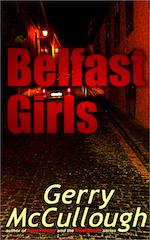


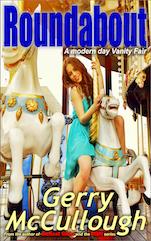
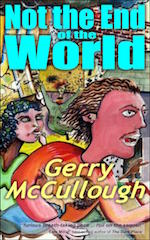
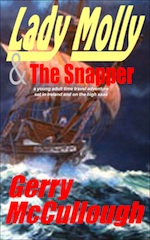
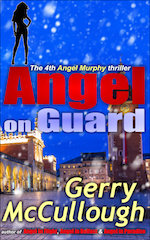

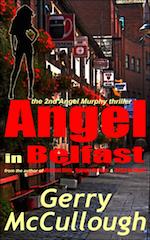

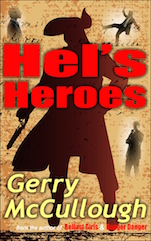

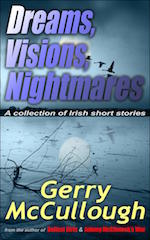
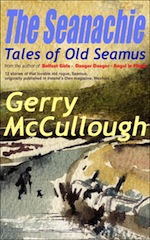
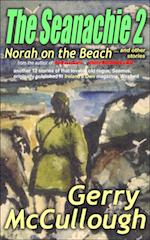
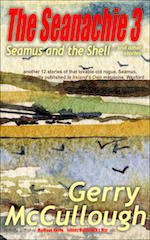
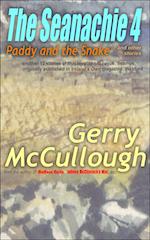
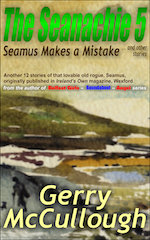
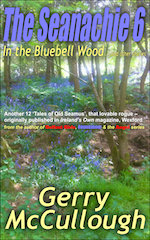
 order NOW!!
order NOW!!
    
        | ||||
|
| ||||
 Listen to Celtic Roots Radio 24/7 Live365 station NOW! | ||||
|
|
Available now (in Kindle edition)
The story of one man’s struggle to maintain his faith in spite of everything life throws at him. As the outbreak of the First World War looms closer, John Henry McClintock, a Northern Irish Protestant by upbringing, meets Rose Flanagan, a Catholic, at a gospel tent mission – and falls in love with her. When Johnny enlists and sets off to fight in the War he finds himself surrounded by death and tragedy, which pushes his trust in God to the limit. After more than five years absence he returns home to a bitter, war torn Ireland, where both he and Rose are seen as traitors to their own sides. John Henry and Rose overcome all opposition and, finally, marry. But a few years later comes the hardest blow of all. Can John Henry still hang on to his faith in God? Read the first Chapter of this new novel: [ Read reviews of Johnny McClintock’s War (21) ] | |||||
 Paperback edition $11.99/€8.99/£7.99 |
 |

|
|||
|
Electronic edition available now | |||||
 Kindle | |||||
|
John Henry McClintock met Rose Flanagan when she was sixteen, and he a year or so older. They met at a tent mission, which is a gospel meeting in a large tent. It was in a field miles from anywhere, in County Down, in the depths of Ireland. It was a soft, warm summer night. Music poured from the lighted tent as John Henry drew nearer to it. He was one of a large crowd of people, stepping cautiously through the long grass at the field’s edge – soon to be trampled flat by the hordes of visitors – and trying, not always success-fully, to avoid the still wet sticky cow pats laid down that day, and the big purple thistles which grew everywhere. The huge dirty beige tent, which looked dull by daylight but now, in the gathering darkness, shone out as a bright focus of warmth and good fellowship, had no ribbons or other decorations. There was only a card-board placard set up at the entrance giving the times and the dates of other meetings, in bright red against a whitey-yellow background, with the name of the speaker in a bold dark green. There was a similar placard attached to the gate at the entrance to the field, where a blossoming hawthorn hedge spread its white, sweet-smelling flowers close enough almost, but not quite, to obliterate the writing. John Henry hadn’t seen Rose yet. He had gone along to the tent with friends of his own age, just as she had done a few minutes earlier. A tent mission was one of the free entertainments on offer in Ireland, in these days just before the First World War. You could be sure of meeting a large crowd of young people, who would seldom be gathered together in one place otherwise. They pushed into the tent, nudging each other and whispering. ‘There’s Annie Kilpatrick! She’s a whizzer!’ ‘Get off my toe, you great lump!’ ‘Aw – sorry, Tommy! Hey, there’s Sadie Wilson with Geordie Milligan! Didn’t know they were walking out!’ ‘Pity – she’s a lovely girl!’ John Henry listened in amusement, but didn’t contribute much. He liked his friends, Tommy, Willie and wee Artie, but he sometimes wondered how much he had in common with them. They had all left school early and had shown no reluctance to do so. John Henry himself had done the same, but not by his own choice. When John Henry had left school at the age of fourteen, a few years before, it had been at his father’s insistence, in spite of his evident ability. And in spite of the desire of his teacher that he should stay on, even try for teacher training eventually (the idea of university an impossible dream in the minds of most). The master of the local Church of Ireland school in the village, Michael Patrick Fyfe, was a descendent of the French Huguenots who had come to those parts a couple of centuries ago, driven out from their homeland by persecution, and had brought their linen making skills with them. Fyfe was a clever man who deserved to be doing more than teaching in a village school. He felt this particularly when a pupil who should have achieved much more was forced to leave by his family’s desire that he should go out and earn his living. In John Henry’s case he had felt it so strongly that he’d called round with the boy’s father to make his protest. Fyfe rehearsed in his mind what he would say as he knocked on the door of the three storied house beside the church grounds. He could see that the house had once been an impressive building. Tall, built in grey stone, it was covered nearly up to its second story in sweet smelling rambling roses. And the garden spread around it on all sides, neglected and overgrown with nettles and thistles now, had clearly at one time been a pleasure to see. The owners had obviously gone downhill, and the house with them. He knew that Douglas McClintock, John Henry’s father, was a widower, and had heard that he drank. Maybe that was where the money for house repairs went to. Fyfe, who was a small, thin man, still young and unsure of himself, wondered again if he was doing the right thing. Would his intervention make any difference? He took in the scent of the pink roses growing beside the door as he waited apprehensively, listening for the sound of approaching footsteps inside. The door opened at last in response to his repeated knocks, and a tall dark haired man with a craggy face peered out at him. ‘Mr McClintock?’ Fyfe said nervously. ‘I’m Michael Fyfe, the village school-master. I’d like a word with you about your son John Henry.’ ‘What’s the wee skitter been up to now?’ roared McClintock. He made no effort to open the door wider or to invite Michael in. ‘No, no, it’s not that he’s in any trouble,’ the schoolmaster said hastily. ‘Far from it. He’s a first rate scholar. That’s why I’d like to suggest that you allow him to stay on for another year or two and eventually take his teaching certificate. I know you’ve said you want him to leave at the end of the school year, next month, but I really think it’d be a crying shame. A waste of the boy’s ability. He could do so much more with his life.’ McClintock’s face, which had been growing red with anger as he listened to his visitor, began to swell up alarmingly. Fyfe noticed in apprehension that he carried a strong blackthorn stick in his right hand. As he stopped leaning on this stick and raised it threateningly, Fyfe took a hasty step back. McClintock advanced on him. ‘I’ll be the one who says what my son should do with his life!’ McClintock roared. He pushed his red swollen face so close to Fyfe that the schoolmaster could smell his rotten breath, an unpleasant reek of onions and alcohol. ‘Don’t come round here again telling me what to do with my own! I say it’s time the lad got out and earned his living, and that’s the end of it!’ The young schoolmaster jumped back out of reach of the blackthorn stick, just managing not to trip over the crumbling front doorstep, and the heavy wooden door slammed in his face. He tottered away down the village street, thankful to have escaped unmolested. He was very sorry for John Henry. But he was quite clear that there was nothing more he could do for him. So John Henry had taken a low-skilled, and low paid, job in a linen factory, and was now contributing to the family income, like his older brother and sister, and helping to support his younger sister. To his father’s great satisfaction. John Henry was philosophical about it, but he wanted quite fiercely to get out of the linen factory, to do something that mattered with his life. He knew his abilities – his quickness to learn and to understand. He had been top of his class by a mile every year since he first started in the small local school. He wanted to make use of the intelligence he had been given. Rose Flanagan was also working, as nearly everybody of their age and social class was; helping, mainly in the kitchen, at a nearby farm, fortunate in that she had been able to find work near her home and could return to her father’s cottage most nights. She’d got the job through the good offices of her parish priest, Father Donnelly, who knew her father well and who still thought of Rose as a sweet, innocent child, one he was glad to help. Her new employers, the Reillys, owned a small farm and were currently looking for more assistance, since their former kitchen girl had moved away to the other side of County Down when she married recently. By recommending Rose, Father Donnelly knew he was helping the Reillys, also parishioners of his, as well as helping Rose’s father who could do with the extra income Rose would bring in. And, of course, he was earning the gratitude of the pretty wee girl herself. All good, Father Donnelly told himself. ‘You’ll work hard for these good people, won’t you, my dear?’ he said to Rose, giving her a toothy smile. ‘Oh, certainly, Father,’ Rose answered. She wished Father Donnelly would stop stroking her arm. However, her father was there, so it was safe enough. Rose wouldn’t have liked to be on her own with Father Donnelly. She’d heard stories. Annie Reilly was a kind, motherly woman, and although the work was hard, Rose enjoyed it well enough. She was used to working hard. Her mother had been a bit of an invalid in the years before she died, and since her death Rose had carried the burden of the household work at home. The work at the Reillys’ farm wasn’t much worse. It was her friend Mary McCartney who’d suggested going to the tent meeting. ‘There’ll be lots of talent, Rose. I heard Frankie Murphy and his pals are going. They think it’ll be a laugh, see? I really fancy Frankie, Rose! And you know rightly that his pal Peter O’Rouke fancies you, girl! Peter was asking me if you and me might be going. Let’s tell them we’ll join in and go with them!’ ‘I don’t think we should go just for a laugh, Mary. And what if we get into trouble? They might not like people from our church going.’ ‘Not at all! The poster says, “All Welcome!” So they want us, see?’ ‘I think it might be interesting, Rose,’ put in Maggie Kilmore. ‘I’ve never been to a Protestant meeting. I’d like to know what they say that’s so different. And I heard the preacher was a Jesuit before he left it. I was wondering if he’d tell us why he left. That would be interesting, too.’ And Peggy McCracken, a schoolmate of Rose’s since early childhood, had also been eager to go, and said, shaking back her red hair, ‘Ach, come on, Rose! It won’t be any fun without you!’ ‘Oh, all right, then,’ Rose agreed at last. But not without a lingering worry. The girls met up with Frankie Murphy and a few other boys by arrangement at the field gate, and made their way across the rough grass, avoiding the cow pats and the stinging nettles until they reached the tent door. They and the boys went in together, greeted at the flapping door-way of the tent by a beaming, friendly man, with a red, wrinkled face, who had lost most of his hair. This man was holding out sheets with the words of the choruses, and the huge crowd had already begun to sing, as a warm-up to the meeting proper. A group of boys whom Rose had never seen before were entering at the same time as Rose and her friends. As the two groups stood near to each other at the door of the tent, taking the sheets in turn from the friendly man, John Henry and Rose each noticed the other. Rose saw a tall, well built boy with dark hair falling over his pale face, and a sweet smile which switched on, as if instinctively, as he caught her eye. John Henry saw a small, slim, and very pretty girl, with light brown hair, blue grey eyes, and a perfect complexion. Roses and cream, he thought, thinking of one of his favourite songs, The Mountains of Mourne. There was a bright intelligence in her eye as she glanced in his direction which attracted him even more than her looks. They were strangers, but through the mind of each went the fleeting thought, Perhaps – not for long? | |||||

| |||||
|
This page last modified:
Thursday, 12-Apr-2015 02:35:25 BST
| |||||
|
Gerry McCullough |
News |
Biography |
Books |
Stories Poems | Articles | Photos | Podcast | Shop | |||||

Precious Oil | Photos | Music | Books | Video/DVD | About POP | Contact us | |||||


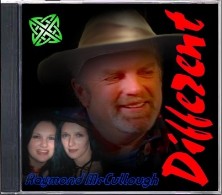



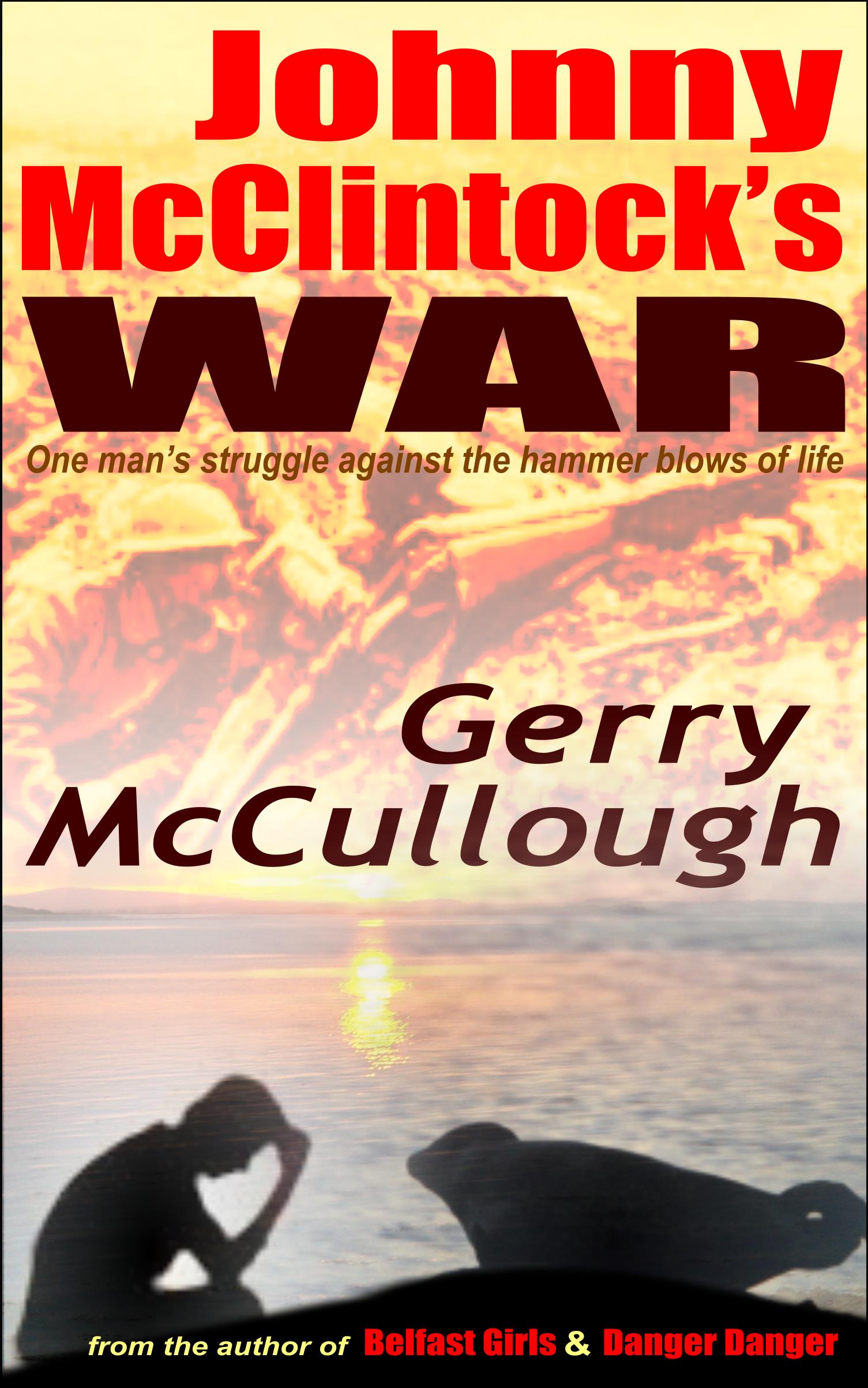
.png)
